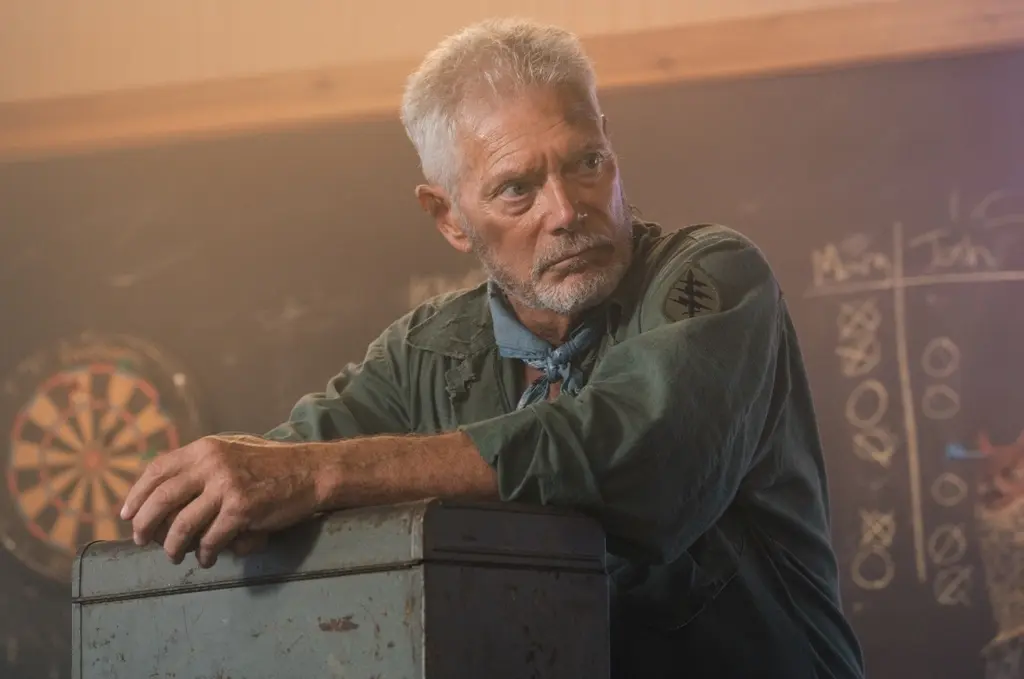TV-MA | 6 episodes | Comedy, Mystery, Thriller | 2024
Suggesting a traditional BBC police procedural or John le Carre adaptation by way of “The Blacklist” or “Killing Eve,” “Slow Horses” subverts the tried-and-true TV spy drama while expanding the reach of this limited appeal sub-genre.






